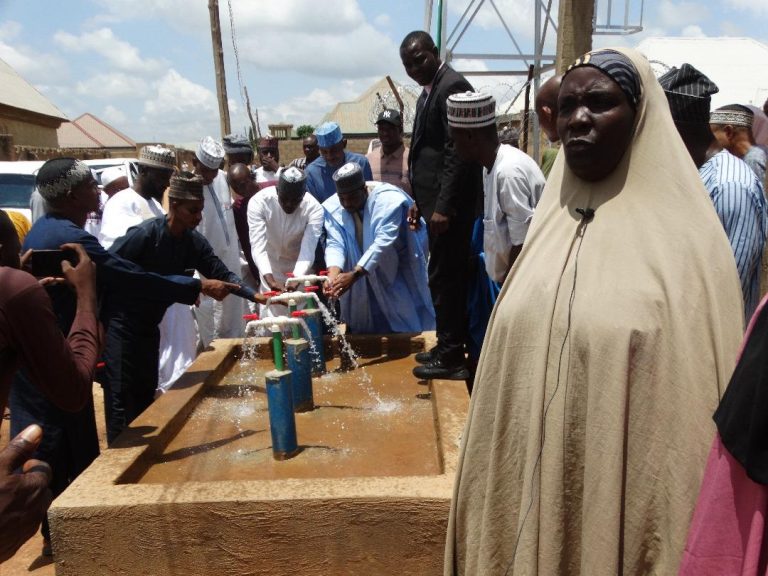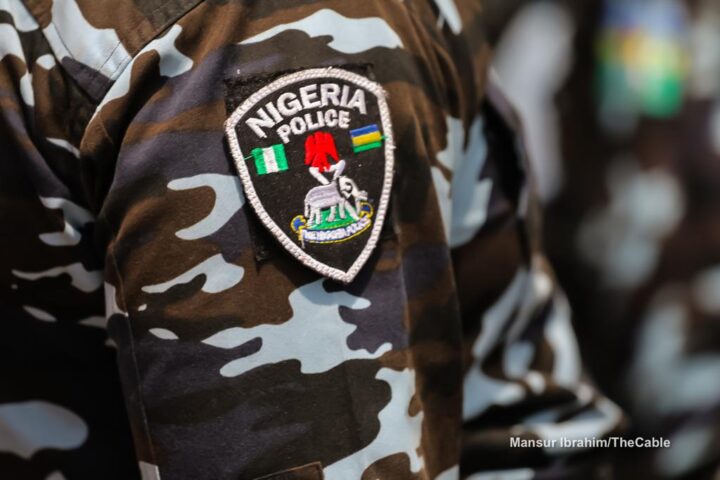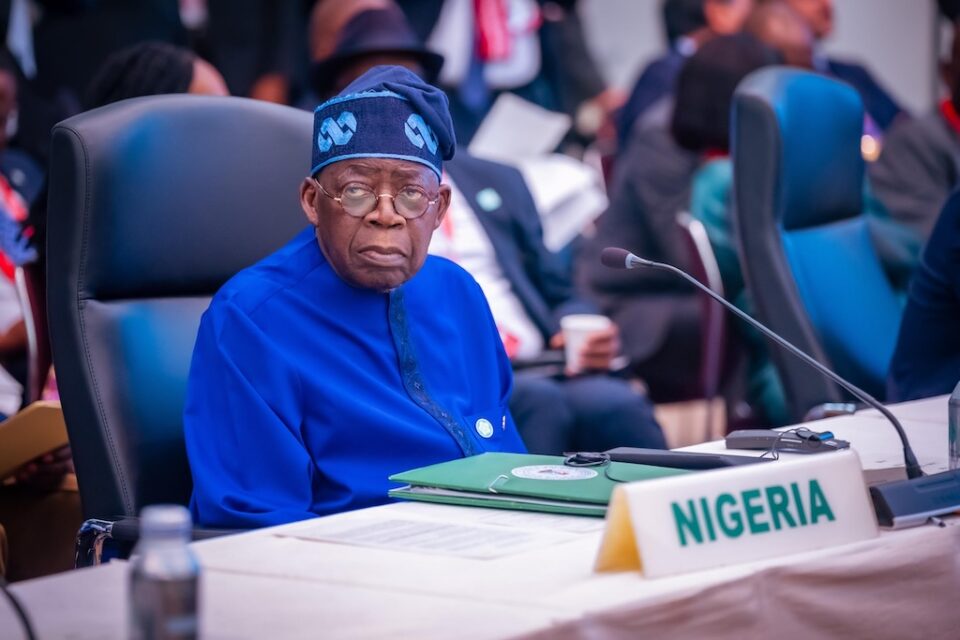More than 21,000 people in rural communities of Kaduna State have gained improved access to safe drinking water following the commissioning of new solar-powered and hand pump boreholes across Giwa and Kudan Local Government Areas.
The projects, executed by the Kaduna State Rural Water Supply and Sanitation Agency (RUWASA), form part of Governor Uba Sani’s broader rural development agenda aimed at improving living standards in underserved areas.
Speaking during the inauguration, RUWASA’s Director General, Engr. Mubarak Shehu Ladan, underscored the administration’s commitment to bridging rural infrastructure gaps.
“Water is a basic necessity of life, and today we are here to hand over these facilities to the communities for their benefit and use,” he said. “These projects are not just about infrastructure; they are about health, productivity, and dignity for our rural people.”
The commissioned facilities include solar-powered boreholes in Tudun Wada, Shika Ward, Giwa LGA, and at the General Hospital, Hunkuyi, as well as hand pump boreholes in Ungwar Rimi, Matarawa, and Tsamiya communities of Kudan LGA. Together, they are expected to serve an estimated 21,500 residents.
According to Ladan, the projects were selected based on a needs assessment that revealed acute shortages of potable water in the affected communities. He also disclosed that some of the installations were funded through his personal humanitarian contributions, stressing that access to clean water is critical in reducing preventable diseases and improving rural livelihoods.
He urged residents to take responsibility for maintaining the boreholes and safeguarding them against vandalism to ensure sustainability.
At the event, local health officials and community leaders welcomed the intervention. Dr. Charles Uzomah, Medical Director of Hunkuyi General Hospital, said the new borehole at the hospital would significantly improve service delivery. “This facility will boost patient care and promote hygiene, which has been a major challenge due to water scarcity,” he noted.
Traditional rulers and residents also expressed gratitude to Governor Sani and RUWASA, describing the projects as “life-changing.” Many pledged to protect the installations while commending the state government’s focus on rural development.
“You can’t talk about rural development without water. And for us in RUWASA, that is our core mandate,” Ladan emphasized.
The commissioning marks another milestone in the state’s effort to address water scarcity in rural areas, a challenge that has long affected health, education, and economic productivity.





